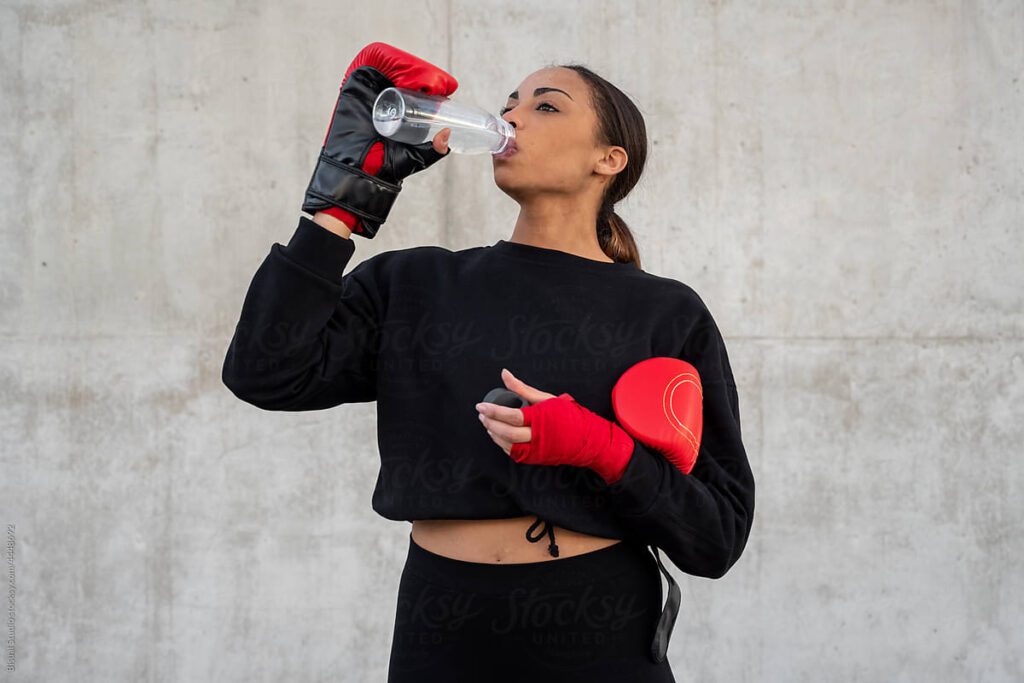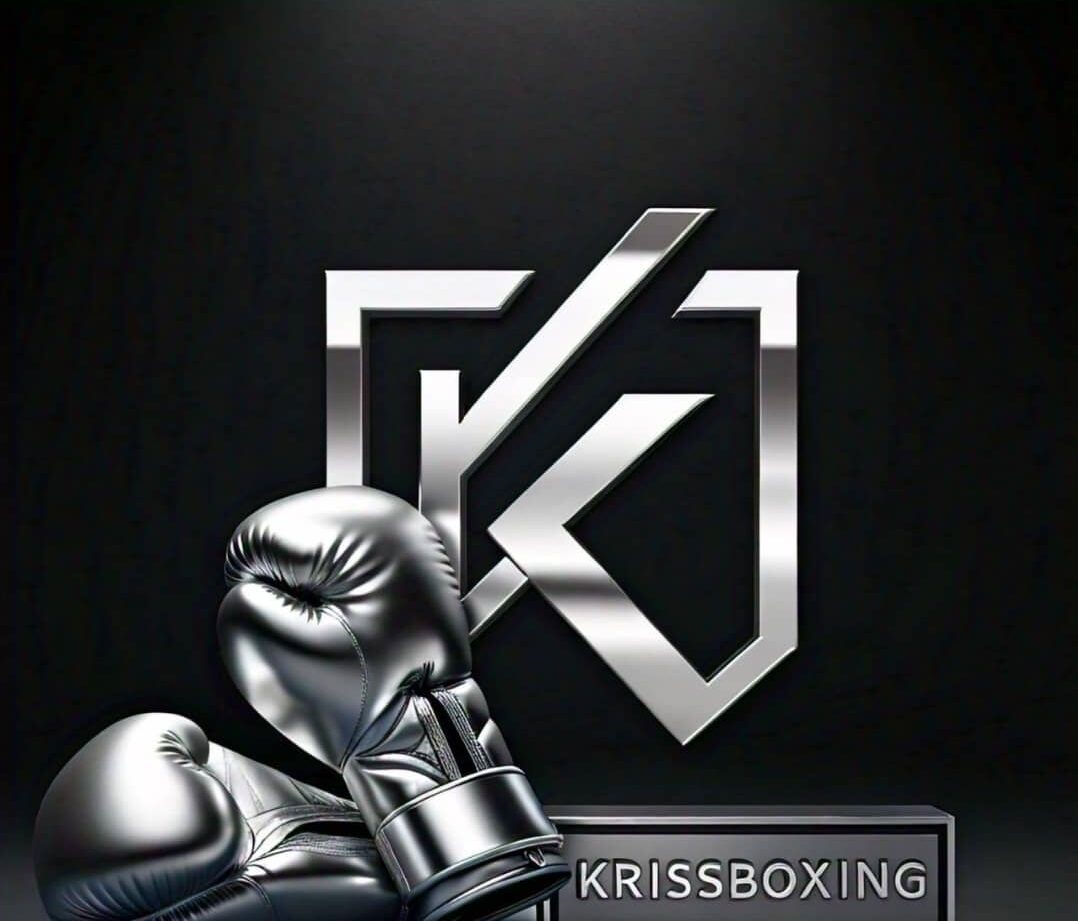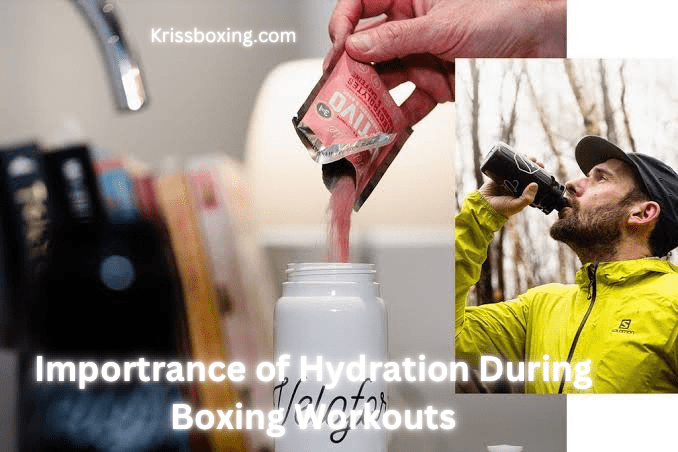Hydration is critical in the lives of the boxers as it helps them to perform optimally, avoid injuries, and aid in the recovery process. Boxing can be characterized as a high-energy, ambitious sport that overloads the organism.
The essence of taking water and fluids in good proportion is that the human body will be in a position to support muscle strength, endurance, and health from a general point of view as a boxer.
In this article, we will know the importance of water for boxers, the importance of Electrolytes, the symptoms, and how to avoid dehydration during training and competition.
Why Hydration is Important for Boxers
Hydration in the Context of Boxing Performance
It plays a role in controlling body temperature, circulation, and effectiveness of muscles by containing water. Consuming fluids during vigorous pounding makes the exerciser glisten and then lose the fluid if not replaced during heavy boxing sessions.
It was determined that a 2% drop in body weight from water loss can certainly hinder a boxer’s performance through the reduction of power and reaction time.
How Dehydration Affects Boxing Performance
Dehydration can:
- Decrease attention and reduce decision-making.
- Intensify fatigue to reduce the volumes’ ability to maintain high-intensity rounds.
- Increase the danger of muscular contractions and strains.
- A decrease in cardiovascular function causes rapid fatigue during activity.

The state and function of electrolytes in the body specifically for boxers
What Are Electrolytes?
Technically, electrolytes are the sodium, potassium, calcium, and magnesium that assist in managing the actions of nerves and muscles as well as managing the concentration of fluids in the body and balancing muscle. During training sessions, sweat rate depletes the body of Electrolytes that are crucial for performance and thus need to be replaced.
Why Boxers Need Electrolytes
Electrolytes:
- To avoid muscle cramps, see to it that the muscles are contracted properly.
- Assist in the absorption of water in the body so that you are well hydrated.
- Facilitate recovery by following up physical training with moderate activities.
Reading indications of Dehydration
Dehydration can creep up during a workout, so it’s crucial to recognize the signs:
- Thirst and dry mouth.
- Dark yellow urine.
- Fatigue and dizziness.
- Reduced sweating during exercise.
- Muscle cramps and headaches.
If these signs are not treated, the boxer may become severely dehydrated and may need medical attention.
What should boxers drink to remain hydrated?
Water vs. Sports Drinks
Although both units provide a form of hydration to the body, sports drinks are very critical for serious exercises.
Sports Drinks for Boxers
Sports drinks are meant to help replenish lost electrolytes and energy during preparation for a certain sporting event. They typically contain:
- Water for hydration.
- Electrolytes like sodium to restore balance.
- Carbohydrates are needed to quickly replenish energy stores.
Types of Sports Drinks:
- Isotonic Drinks: Balance the level of electrolytes to bring in the energy-carbohydrate ratio to the body. Perfect as a sports drink which can easily replace fluids and energy during a session of boxing.
- Hypotonic Drinks: Have less amount of electrolytes & Carbohydrates. Ideal for considering coeliac disease after small exercises.
- Hypertonic Drinks: More; carbohydrates and electrolytes. Most suitable to be used after training.
Example: The hypertonic drink might be useful during a spar session so that the boxer will be able to derive great energy to fight, while the isotonic drink comes in handy after the spar session in the event the fighter needs to be rehydrated quickly.
DIY Sports Drink Recipe
Take one litre of water add half a teaspoon of black salt to it and add a little honey or lemon for taste. The intake of this simple homemade drink goes a long way to help restore all the fluids and electrolytes that a body may have lost.
Hydration Schedule for Boxers
- Before Training: Consume 24 ounces of water or an electrolyte-infused sports drink two hours before.
- During Training: Regularly take 6-12 ounces of sports drink after every 20 minutes during repeated sessions exceeding 45 minutes.
- After Training: For every pound of weight loss in the exercise, one should rehydrate within 16–24 ounces of water or a hypotonic sports drink.
Frequently Asked Questions (FAQs)
Should Boxers Monitor Their Hydration Levels?
Yes, tracking hydration through urine color and body weight changes can help boxers maintain optimal hydration.
Why is Hydration Critical for Boxers?
Hydration supports endurance, strength, and recovery, helping boxers perform at their best. It prevents fatigue, muscle cramps, and injuries during intense workouts.
Can Dehydration Hurt Performance?
Yes, dehydration reduces focus, stamina, and power output. It can also increase the risk of injuries and heat-related illnesses.
What Are the Best Hydration Drinks for Boxers?
Boxers should combine water with electrolyte-rich sports drinks. Isotonic drinks are ideal for replenishing fluids and energy during prolonged sessions.
What Happens If a Boxer Over-Hydrates?
While rare, over-hydration can dilute sodium levels, causing hyponatremia. Boxers should drink according to their sweat rate and activity level.
Conclusion
Hydration is a cornerstone of boxing success, influencing endurance, recovery, and overall performance. By understanding the importance of electrolytes, recognizing dehydration symptoms, and adopting a structured hydration plan, boxers can optimize their training and avoid setbacks.
Incorporate water and sports drinks strategically, monitor fluid intake, and prioritize hydration to stay at the top of your game. Remember, staying hydrated isn’t just about quenching thirst—it’s about fueling your body for victory.


